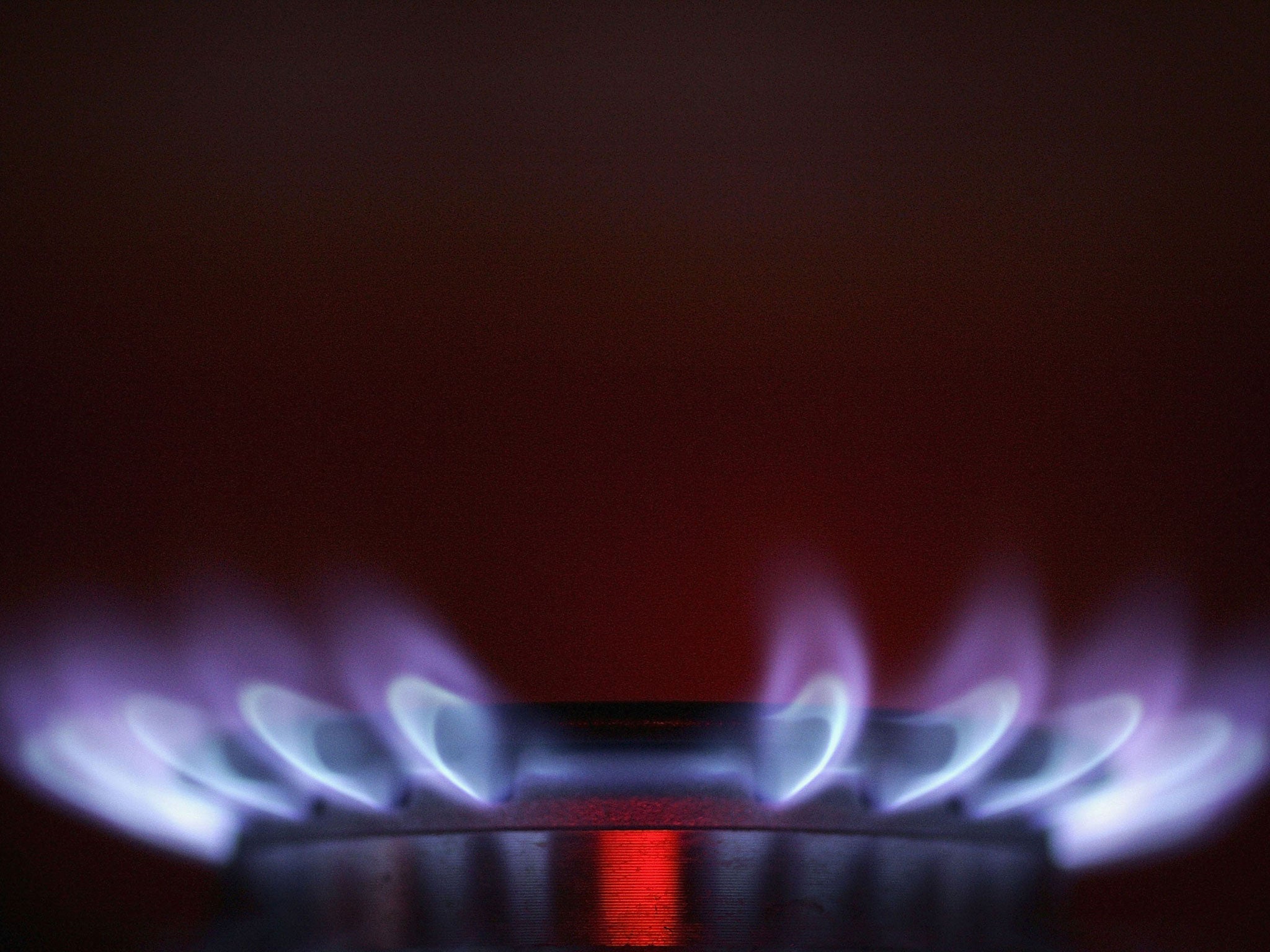Don't panic, UK told, as gas pipeline shuts off and wholesale prices hit a record high

Your support helps us to tell the story
From reproductive rights to climate change to Big Tech, The Independent is on the ground when the story is developing. Whether it's investigating the financials of Elon Musk's pro-Trump PAC or producing our latest documentary, 'The A Word', which shines a light on the American women fighting for reproductive rights, we know how important it is to parse out the facts from the messaging.
At such a critical moment in US history, we need reporters on the ground. Your donation allows us to keep sending journalists to speak to both sides of the story.
The Independent is trusted by Americans across the entire political spectrum. And unlike many other quality news outlets, we choose not to lock Americans out of our reporting and analysis with paywalls. We believe quality journalism should be available to everyone, paid for by those who can afford it.
Your support makes all the difference.A former energy minister warned against "national panic", after a major gas pipeline unexpectedly shut down, gas prices soared and energy advisers suggested dwindling supplies could lead to rationing for the first time.
As temperatures plummeted, British wholesale prices hit a record high on Friday when a pump failure caused a vital UK-Belgium pipeline to shut down temporarily. The problem, which was fixed by the afternoon, added pressure on gas reserves, which were reportedly down to 1.4 days' supply and raised concerns that Britain was becoming too reliant on one source of fuel for heating and electricity.
Charles Hendry, former energy and climate change minister, said on the BBC's Today programme yesterday that the claims gas could run out in 36 hours were "misleading". While acknowledging that Britain's gas storage facilities were not big enough, he said there were plenty of other places where we could find gas resources and that diminishing gas levels were seen "fairly regularly" over the winter periods.
He added that if companies were made to invest in more storage "you would put a multi-billion-pound cost on consumers which would then be used maybe never, or maybe occasionally each winter".
But Nick Butler, visiting fellow and chair of the King's Policy Institute at King's College London, said he thought Mr Hendry was being "just a little bit too complacent" and that the situation struck him as an "unnecessary crisis".
He said: "If we had put in place enough storage over the last few years the price increases that occurred … wouldn't have happened and we wouldn't be talking about even the possibility of people being cut off from their supplies over the next two weeks."
He added: "If the weather stays bad and if anything else happens to the interconnector [pipeline], we will be facing real difficulties. It is unnecessary because if we put in as much storage as the Germans and the French we would have no problem, and I'm very surprised that the Government continues not to do that. It is a first step in getting real energy security."
Britain's storage infrastructure can stockpile enough gas for up to 20 days, while France and Germany can hold enough for around 100 days, although Britain acquires half its gas domestically. Though the energy minister John Hayes said "storage levels were low", he assured the public that "gas supplies are not running out".
He added: "Nevertheless, mindful of future needs, I've been having discussions with industry and others about gas security, for this is a priority."
A spokesperson for the National Grid said "there is more gas coming into the country than forecast demand", and "gas being used for electricity generation was at normal levels".
But the executive director of Greenpeace, John Sauven, said: "The present crisis in the gas supply chain is yet more evidence that it cannot be relied on for our fuel security nor keeping energy bills stable. The real solution to our energy needs in the UK lies in using the unlimited, clean natural resources we have around us."
Join our commenting forum
Join thought-provoking conversations, follow other Independent readers and see their replies
Comments